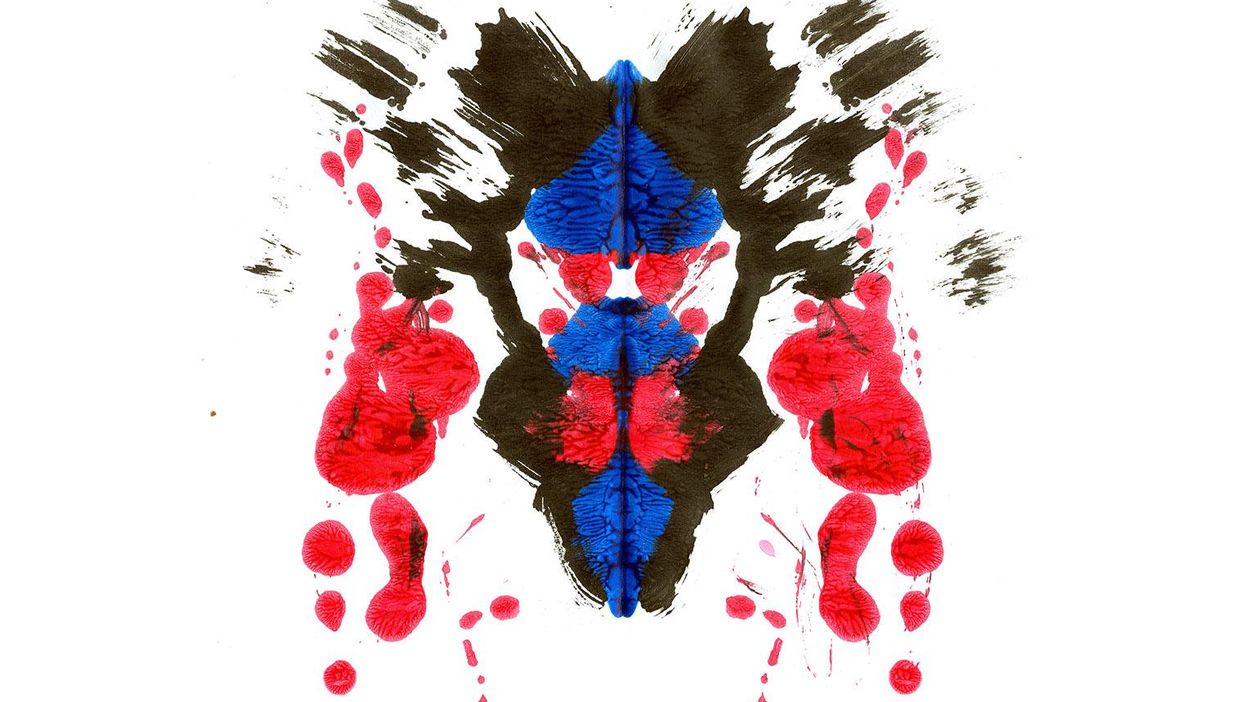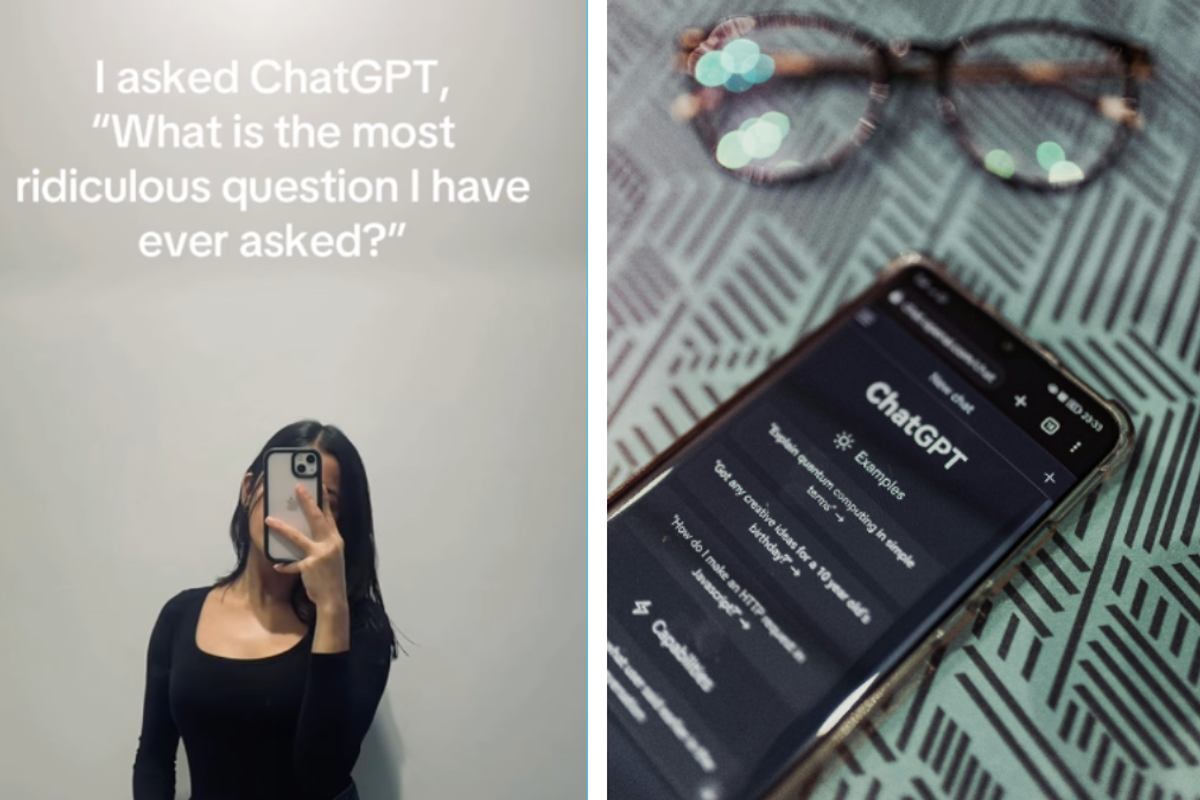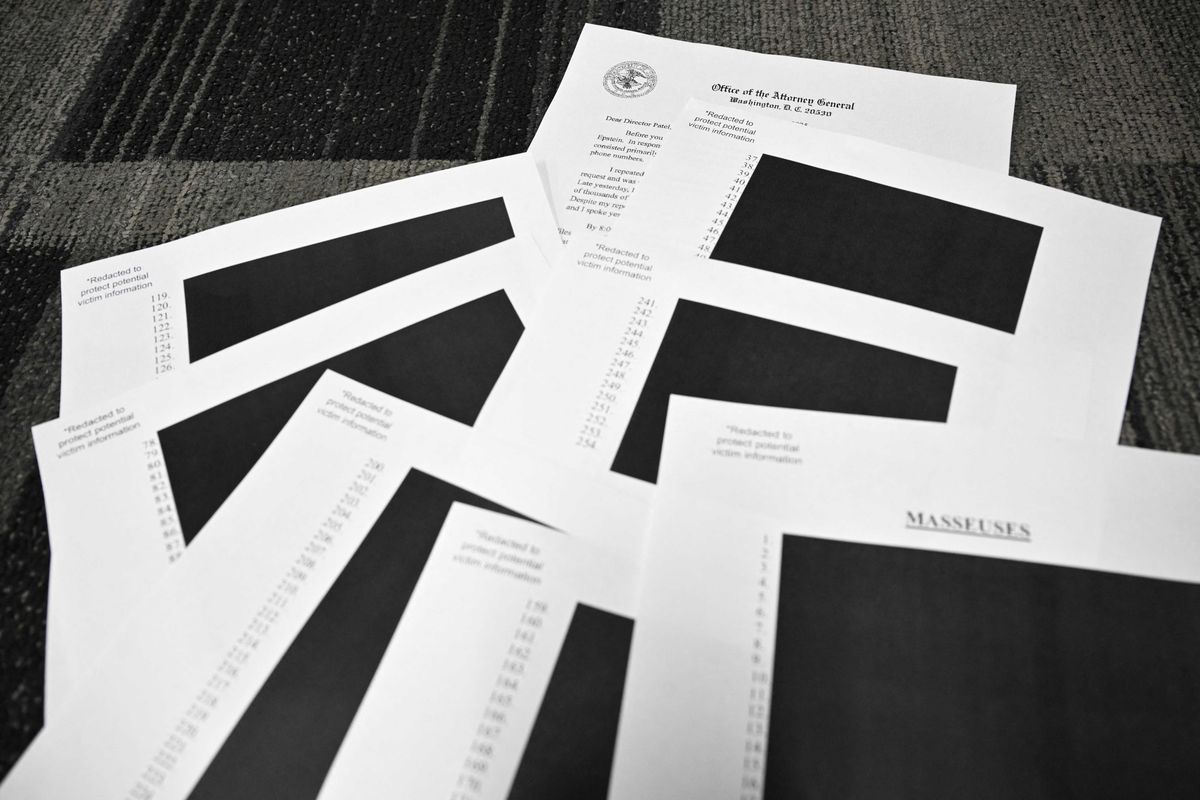Viral
Louis Dor
Jul 01, 2016

Picture: iStock/spxChrome
It turns out the way you perceive things is affected by your age - and we're not talking about whether you need glasses.
A new study has investigated inhibition, a phenomenon which is part of neural processing in the brain.
Inhibition is the ability to stay on topic, to adhere to an idea without distraction.
There is evidence that this declines as we age - previous studies have tested how well people can stick to the phrase "I take my coffee milk and pajamas".
It turns out the older you get, you more likely you are to say the most obvious end word "sugar".
A decline in inhibition can also be found in perception, a new study by the University of Arizona has shown.
Evidence suggests that when we look at an object our brain unconsciously suggests alternative possibilities, which compete against each other through inhibition.
The efficiency of this processes declines with age, meaning that as we get older, we're less likely to see the object we're supposed to.
To test the theory the researchers showed on a screen a series of small, symmetrical white-on-black silhouettes.
Half showed meaningless shapes, others bore a relation to everyday objects.
The older people were the longer they took to perceive a familiar shape.
In that vein, we've made a brief quiz featuring some of the Universities' images and some of our own, to have a guess at how old we think you are.
Speed of recognition plays a factor so don't take your time and answer almost immediately.
Take the full quiz, below:
John A.E. Anderson at York University in Toronto, a researcher in the study, said:
This is particularly interesting as it suggests that distraction is being processed extremely rapidly, and without conscious awareness, but that older adults are less able to tolerate this ambiguity than younger adults.
This research may have practical importance for how perception changes with age as well, particularly in situations of low visibility — possibly fog, bad lighting, et cetera — when the identity of shapes is harder to discern.
HT Eureka Alert
More: Quiz: How perceptive are you?
More: Obese people have a different perception of distance, says science
Top 100
The Conversation (0)













